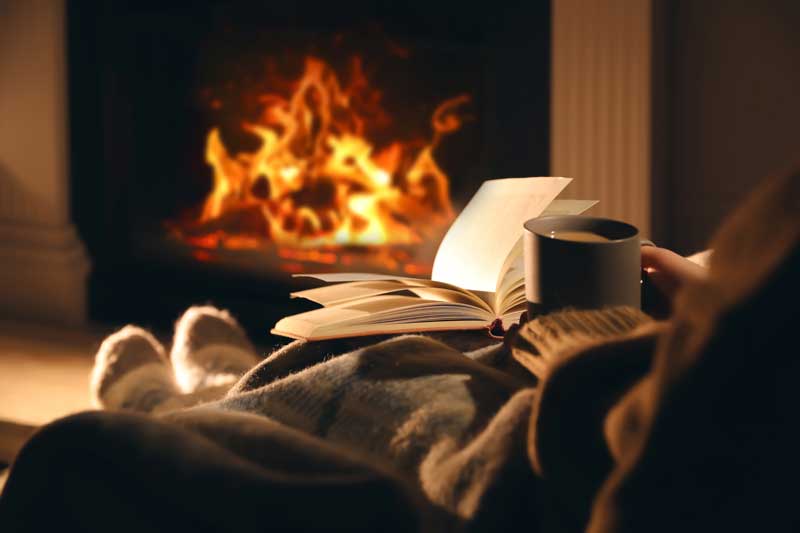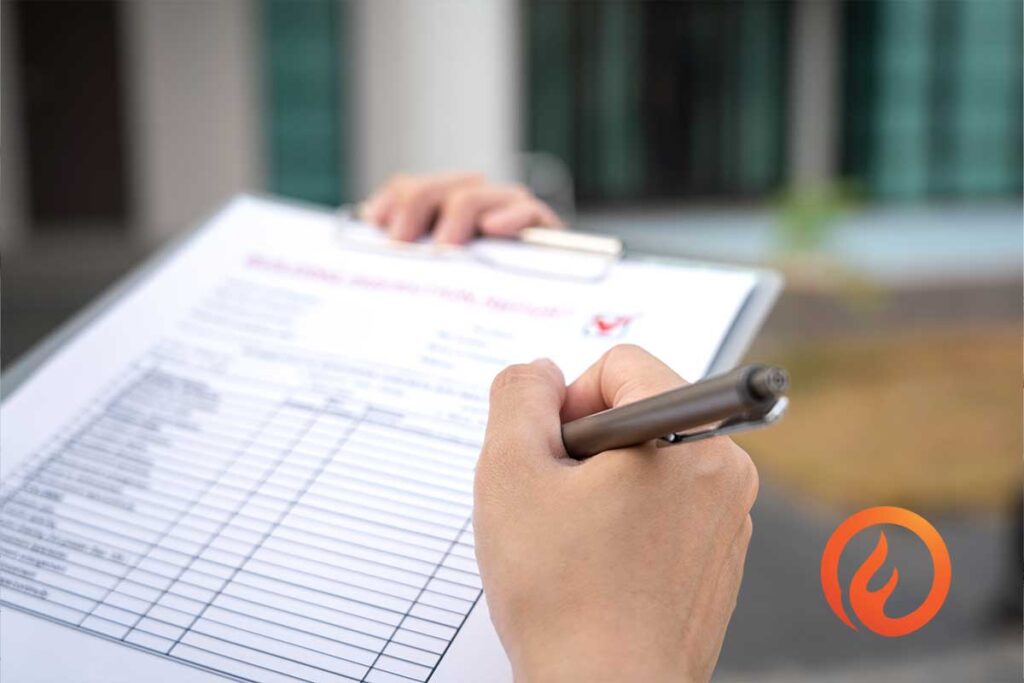- Design Smarter, Not Harder: How FireCAD®️ Powers Growth for Small and Mid-Sized Contractors - April 22, 2025
- The Hidden Costs of Free CAD Tools: Why Smart Fire Alarm Contractors Choose FireCAD®️ - April 8, 2025
- Pass AHJ Reviews the First Time: How FireCAD®️ Helps You Get Approved Faster - March 15, 2025
The holidays should be festive and fun, but they are also a time of heightened fire risk. It is incumbent upon everyone from public servants and fire safety professionals, to electricians and general contractors, to educate the public on how to mitigate these risks and prevent fires from starting. In addition to the holiday fire safety tips here, we want to share this information from the National Fire Prevention Association (NFPA).
Holiday Fire Risks from Trees
Christmas trees are one of the most beloved staples of the holiday season, but they must be used with care. The NFPA reports that U.S. fire departments respond to an average of 150 residential fires per year that originate from Christmas trees. These fires happen from both natural cut trees and artificial trees, as both can be highly combustible — and once a flame starts, the entire tree can catch fire within 25 seconds. If you are educating others on holiday fire safety, be sure to include this tip:
Keep all sources of heat – including fireplaces, radiators, candles, heat vents, and lamps – more than three feet away from a Christmas tree.
In addition, make sure that natural cut trees are watered daily and disposed of when they dry out.
Holiday Fire Risks from Lights
The NFPA reports that two out of five Christmas tree fires involve electrical distribution or lighting equipment. For that reason, it is imperative to minimize the fire risk of holiday lights. Educate those you serve by explaining this risk and directing them to only use lights in the environments they were designed for (outdoor lights outdoors and indoor lights indoors). The packaging should specify whether a string of lights is designed for indoors, outdoors, or both. If a string of lights has any worn or broken cords, it must be replaced. If a string of lights has any loose bulb connections, the bulb must be replaced; if the bulb cannot be replaced, the entire strand must be replaced. Follow the manufacturer’s instructions on how many strands of lights can be safely connected to each other. Use caution when hanging, so that cords do not get damaged; the NFPA advises using clips instead of nails.
Holiday Fire Risks from Candles
From seasonally scented jar candles to elegant taper candles on the dinner table, lighting candles can be a wonderful way to enhance the holiday experience. However, this must be done with extreme caution. The fact is, more than one-third of home decoration fires are started by candles. To significantly reduce the risk of a candle fire, instruct your audience that lit candles should never be left unattended; children should never be left in a room alone with lit candles; and, lit candles should be at least three feet away from trees, furniture, curtains and other flammable items. The NFPA has recommended flameless, battery-powered candles as a suitable, fire-safe alternative to traditional wick-and-flame candles.
The holidays should be memorable for the time we spend with loved ones — not because of a holiday fire tragedy. Cadgen thanks all professionals who take the time to educate the public on fire safety. If you are seeking out tools that can make fire alarm design simpler and more effective, contact the Cadgen sales department to inquire about FireCAD™. We look forward to hearing from you.
Call Cadgen to Learn More
To learn more about FireCAD™, a fire alarm design software that can simplify the process of creating a complex fire alarm system, contact Cadgen to inquire about our lifetime license and flexible subscription options. Please contact our sales department at (855) 206-1480 Ext. 1.



